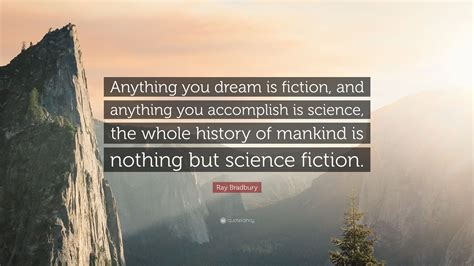The Coming World Of AI Personalisation
Tomorrow’s Reality Today

pinterest
Today we’ve all had the experience of simply talking about something – like starting a diet or going on holiday – and suddenly suitable suggestions show up in our social media ads. We’ve become so accustomed to this pervasive surveillance that we hardly give it any mind. This is most likely to do with our love affair with technology. No longer is it a babushka sitting on the stoop taking physical note of all your comings and goings. It is now depersonalised with the filter of technology between ourselves and those conducting the surveillance.

One good thing in the UK about Sunak’s snap General Election is that this has put the kibosh on government plans to snoop on the bank accounts of everyone who is in receipt of any state benefits.
However, in the near future, these surveillance techniques will appear as primitive. For anyone who believes AI-powered augmented reality and virtual reality existence will merely enhance entertainment and educational experiences, should probably think again. The ability of generative AI is fast growing powerful enough to minutely surveil and present highly customised information to individuals.
AI Personalisation
Currently AI personalisation is being developed and deployed to target users for the purposes of next level engagement and selling. We are progressively conditioned to accept AI-powered augmented or virtual reality experiences that extend and enlarge our concept of modern existence.
The power to serve up a multiverse of highly customized ‘realities’, will constitute a powerful technology indeed.
However, the political control and surveillance uses to which AI personalization technology will likely be put is too big a danger to avoid. The key question is who will control this technology?

We saw during Covid how media magnates like Zuckerberg were only too happy to conduct surveillance on behalf of the government. This surveillance resulted in punitive action extending from shadow banning to outright removal and censorship.
We are already at the mercy of unseen AI algorithms with their infamous cookies. They shape what we see, hear and experience on various websites and can form social bubbles around us. They can tell what we want before we want it and can nudge us into a purchase (or belief?)
It’s old news to say that the financial markets are run by algorithms. They respond to the news, just the news is often generated by AIs themselves. Ironic.
The next step is that Generative AI Personalisation aims to revolutionize these relatively primitive surveillance and selling technologies, by building synthetic entities and environments that present much more immersive—and addictive—personalised experiences.

laptrinhx.com
Think of it as AI “world building” that fashions environments minutely tailored to our desires, fantasies, interests and beliefs. An artificially fashioned world that could be addictive and prove to be more “real” and more seductive than the actual physical world.
Technically, LLMs (large language models) and Neural Nets (like recurrent neural networks) are being used to amplify early models of this world building.
Currently the object of AI personalisation is to use the power of generative AI to “learn” about humans— clients, citizens, voters—in as much detail as possible, via voracious data gathering and surveillance. Anyone use predictive text or have an Alexa for example? In fact anyone have a mobile? Or for that matter a smart TV?

All this info is gathered in order to construct better chatbot dialogues, AI created visuals, and even augmented reality or metaverse experiences. All to be custom-made to appeal to us. Take for example Shopping Muse;
Shopping Muse understands your customers’ needs and suggests product bundles. It harnesses the power of multi-faceted machine learning models, incorporating NLP, image recognition, and personalization algorithms to ensure each shopping session feels as personalized as can be.
It can predict what will be of interest, or what might best succeed in converting people into customers, or buyers of what the AI Personalisation wielders are selling.
The power of AI to convincingly converse and present visual information has already challenged that famous Turing Test of what constitutes “human level” AI.
As AI Personalisation tech develops, there’s no reason to suppose that it could be used to create an infinite number of Hollywood movies to satisfy users and do away with flops. Equally it could be used to create individualized “realities” that remove "bad" political outcomes.
We are literally turning over to AI the ability to mold and shape our reality – without ever questioning who molds and shapes the AI?

Thank you for your witness vote!
Have a !BEER on me!
To Opt-Out of my witness beer program just comment STOP below
View or trade
BEER.Hey @saltycat, here is a little bit of
BEERfrom @isnochys for you. Enjoy it!Learn how to earn FREE BEER each day by staking your
BEER.